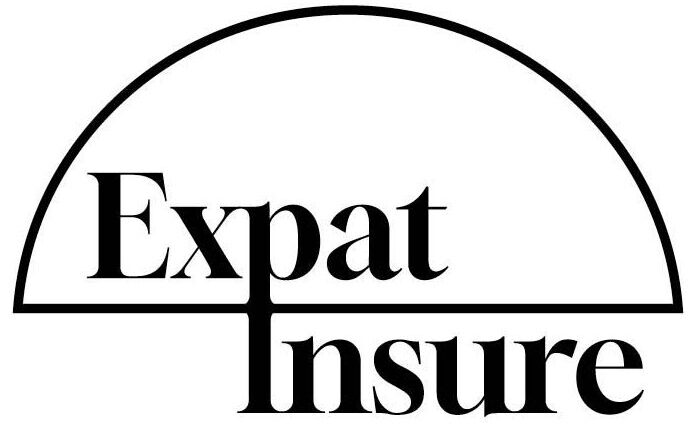Moving to Canada as an expatriate offers a unique experience characterized by a high quality of life, breathtaking natural beauty, and a multicultural environment. However, navigating the healthcare system and understanding expat healthcare insurance in Canada is a crucial aspect of your relocation plan. Here\’s a comprehensive guide to help you understand the nuances of healthcare insurance for expats in Canada.
Healthcare in Canada
Canada is known for its publicly funded healthcare system, often referred to as Medicare. It\’s designed to ensure that all residents have access to necessary medical services. However, the system varies by province and territory, and there might be certain limitations in coverage, especially for new residents or expats.

Healthcare Coverage for Expats in Canada
- Eligibility for Public Healthcare: Generally, expats become eligible for public healthcare after a certain period, which varies between provinces. During this waiting period, it\’s crucial to have private health insurance to cover any medical needs.
- Private Health Insurance: Before you qualify for public healthcare or if you require additional coverage, private health insurance is essential. It provides access to a broader range of health services, including dental care, vision care, and prescription drugs, which are not always covered under the public system.
- Coverage for Pre-existing Conditions: Ensure that your private health insurance covers pre-existing medical conditions. This is a critical factor to consider while choosing a plan.
- Understanding Provincial Healthcare Systems: Each Canadian province and territory has its healthcare system with unique features. Familiarize yourself with the healthcare system in the region you plan to move to.
- Applying for Health Insurance Card: Once eligible, apply for a health insurance card in your province or territory. This card is needed to access healthcare services.

What to Consider When Choosing a Policy – see Canadian Government Website here
- Evaluate Your Health Needs: Consider your and your family\’s healthcare needs when selecting a plan. This includes routine care, emergency services, special treatments, or ongoing prescriptions
- Compare Insurance Providers: Research and compare different insurance providers and plans. Consider factors like coverage limits, deductibles, co-payments, and the ease of the claims process.
- Check for Additional Benefits: Some insurance plans offer additional benefits like wellness programs, mental health services, and telemedicine consultations.
Health Insurance for Visa and Work Permit Holders
For those moving to Canada on a work permit or other visas, having valid health insurance coverage is often a requirement. Ensure that your health insurance complies with visa requirements and visit this Canadian government website for more details
After the Move: Navigating the Canadian Healthcare System
Accessing the Canadian medical system as an expat involves navigating a publicly funded and mostly publicly administered healthcare system known for its quality and accessibility. The system is organized on a provincial or territorial basis (see above for each of the provinical lists of doctors available), which means healthcare access and services can vary depending on where you live in Canada. You will also need to get a Point of Entry letter (or POE). Here\’s a concise guide to help you understand the process:
- Healthcare Coverage: Upon arrival in Canada, it\’s crucial to apply for public health insurance in the province or territory you reside in. Coverage typically begins after a waiting period, which may vary by location but is usually up to three months. During this waiting period, it\’s wise to have private health insurance to cover any medical needs.
- Provincial or Territorial Health Card: Once you\’re eligible, you\’ll receive a health card from your province or territory. This card is necessary for accessing healthcare services; you\’ll need to present it at hospitals, clinics, and with healthcare practitioners to receive care without direct charges.
- Finding a Doctor: To access medical care, you\’ll need to find a primary care physician, often referred to as a family doctor or general practitioner. They serve as your first point of contact for health concerns and can refer you to specialists if needed.
- Accessing Specialists and Hospitals: Specialist care usually requires a referral from your family doctor. For hospital visits, presenting your provincial or territorial health card will ensure you receive care.
- Prescriptions and Pharmacies: Prescription drugs are available from pharmacies and are typically not covered by public healthcare plans for those under 65. You may need private insurance for prescription medications, dental care, and other supplementary health services not covered by the public system.
- Emergency Services: In emergencies, go directly to the nearest hospital emergency room. Emergency care is provided to all individuals, regardless of their health insurance status, though having your health card is important for billing purposes. Call 911 in Canada for an emergency.
- Understanding Provincial/Territorial Systems: Since healthcare is managed provincially, familiarize yourself with the specific healthcare system and services in your area, including how to access mental health support, long-term care, and preventive services.
Navigating the Canadian healthcare system as an expat requires some initial steps to secure coverage and understand local procedures. Ensuring you have the necessary health card and understanding how to access primary and specialized care will facilitate a smoother healthcare experience in Canada.


